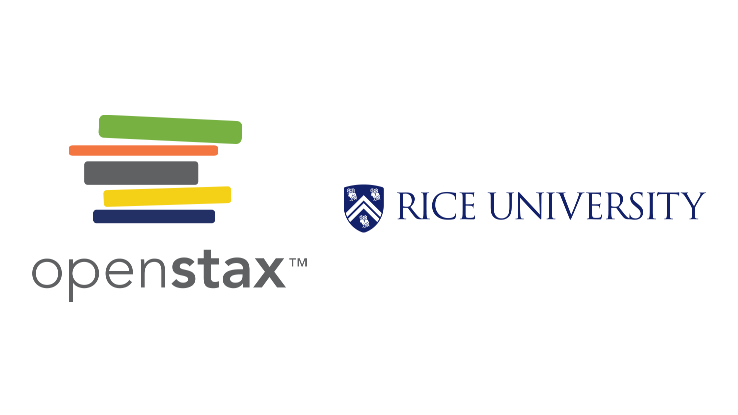OpenStax Partnership Drives Equitable Learning with Free, Peer-Reviewed Textbooks

It’s no surprise that textbooks are expensive. Elizabeth Porter is one of the many NC State students frustrated and confused while shouldering the burden of rising textbook prices.
“Purchasing textbooks for my classes has been stressful because I have to choose whether to rent or buy textbooks, figure out where I need to purchase them, calculate the amount of time it will take for my textbooks to arrive, and make sure I have the correct edition”, says Porter.
All of that changed last year when Porter’s Introduction to Weather and Climate course provided her with a free, peer-reviewed textbook by OpenStax at Rice University, the largest provider of free Open Educational Resources (OERs).
“Using OpenStax made my experience using my textbook much simpler. Instead of stressing about finding the best price, I was provided a direct link by my professor where I could gain access immediately to the book he preferred,” says Porter.
NC State is one of ten institutions that participated in the 2019-2020 OpenStax Institutional Partnership Program after demonstrating a willingness to drive the adoption of OERs and mitigate the financial stress on students.
OERs are teaching, learning, and research materials that are in the public domain or have been released under an open license that permits no-cost access, use, adaptation and redistribution in any medium including digital. OERs, including the free, peer-reviewed textbooks offered by OpenStax, eliminate cost barriers for students and allow unrestricted, immediate access to learning materials, increasing the likelihood for students to complete their courses successfully.
As a part of this partnership, The Libraries, DELTA and the NC State Stores awarded $33,000 in grants for instructors to adopt open textbooks in order to reduce student costs, impacting 4,595 students per year with an average savings of between $45 and $173 per course per year on textbooks.
Teaching Associate Professor Elaine Bohórquez has been looking for ways to reduce student costs for the past few years. After initially using the Library’s Course Reserves service, she received a grant to implement a free, peer-reviewed OpenStax textbook in her Physiology courses. The program has benefited her teaching by giving her the ability to modify her textbook to create a resource that is tailored to her specific courses.
Bohórquez says, “The flexibility and removal of monetary cost were the biggest equalizing factors for using an OpenStax textbook this semester. The resources are invaluable in creating an equitable learning environment for all the students in my course.”
One crucial benefit of OpenStax is the ability to download the entire textbook as a PDF for free. Not only does this allow students to read offline, but it also gives them the option to print out sections of the books as needed.
“Other resources do not have an electronic option, which would have been a particularly big hurdle given the changes that COVID-19 brought to campus”, says Bohórquez. “Using OpenStax has allowed me to provide a tailored textbook resource that I can update to suit the needs of my courses while supplying students with a free textbook to remove any potential inequities in access due to financial concerns.”
The OpenStax partnership is one successful step in the university’s advocacy for reducing student course costs and as students and faculty alike increasingly look for equitable, digital-first solutions, NC State and DELTA will continue to seek out opportunities to create more effective, lower-cost course materials.
Apply for an Open Textbook Grant
NC State Open Textbook Grants are available to faculty members interested in adopting open textbooks for one or more courses. If you would like to be considered for a grant, apply using the online application form by December 10th, 2020.


